Debt Investment
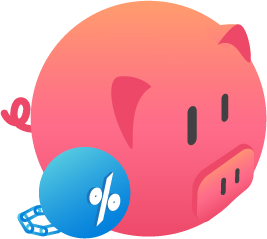 Debt Repayment Amortization Calculator
Debt Repayment Amortization CalculatorThis calculator shows how much interest you can save by making extra debt payments. Enter your current balance along with the APR & your normal monthly payment. Then add in how much extra you want to contribute in addition to the regular payment and we will calculate your total interest savings.
Results update automatically when any input is changed. The calculator also enables you to generate a printable amortization schedule of your payments.
Authored by Jose Abuyuan on December 4, 2019
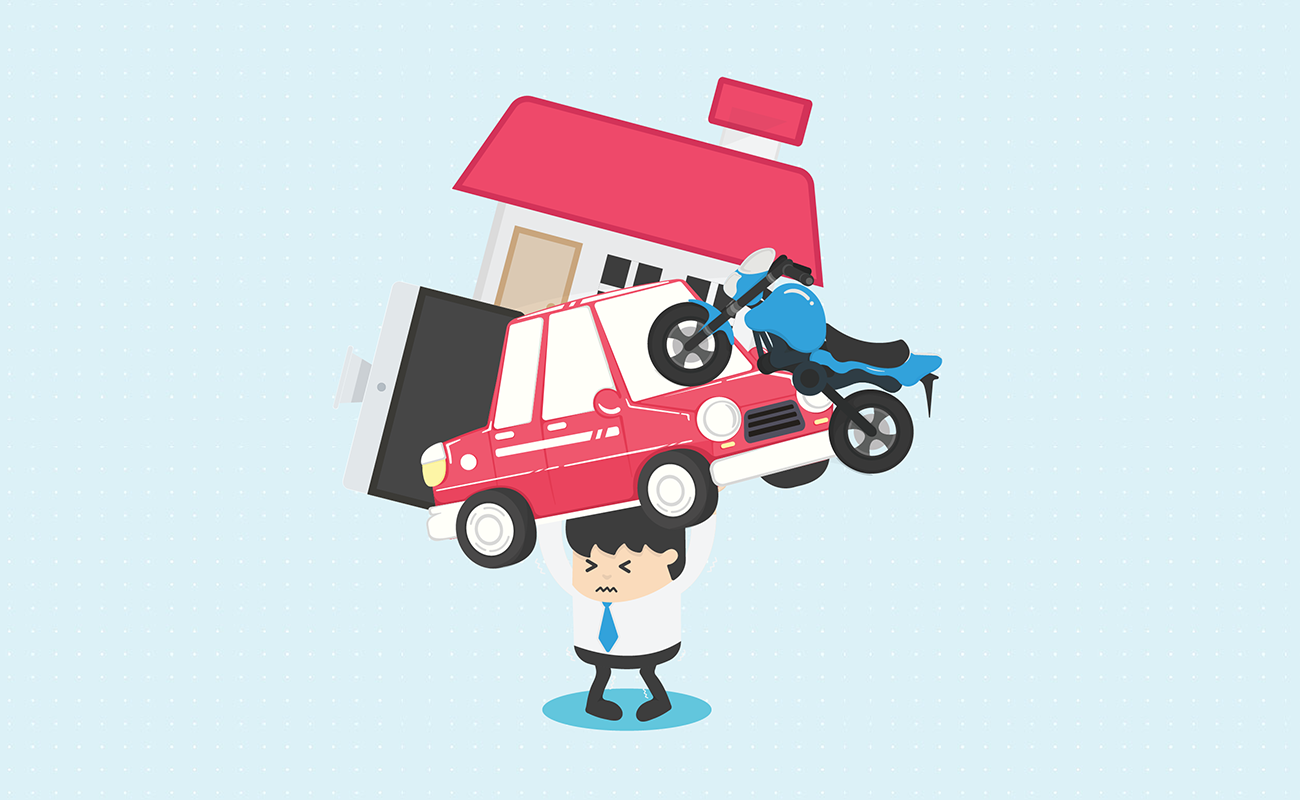
Being in debt can put a strain on your income and everyday budget. A part of your income goes to covering debt expenses. This is money that could have been going to other things such as personal needs and luxuries. You also lose funds that should be going to your retirement.
Keeping up with your payments can become a challenge. Having over 25% of your annual income going to consumer debts is unhealthy. Too many debt obligations can lead to trouble meeting those payments. Even paying good debts can be problematic if they start affecting your daily budget. You may also find yourself with a debt problem when you lose your source of income.
Missing payments can complicate your financial situation by affecting your credit score. How well you are able to pay back debts determines your credit score. The higher your score, the lower the risks you pose to lenders. Maintaining a healthy credit score is crucial to keep your lines of credit open. It also helps lower the interest rates later on.
Missing or late payments are all it takes to malign your credit score. Too many late payments can force the hand of your creditors. Their reports to the pertinent authorities can leave a mark on your credit rating. They may even affect your credit ratings if they misinterpret your payment records.
Delinquent credit histories affect your ability to receive financial assistance. A poor credit rating will remain on your record for a very long time. Defaulting on your creditors can remain in your books for seven years. Bankruptcy can stain your record for ten. In the meantime, they can stymie your ability to borrow money at reasonable rates.
Moreover, defaulting on your debts can lead to other issues. The government may withhold or reduce your tax returns or social security benefits. Creditors, meanwhile, can:

Repossessions can leave you unable to make ends meet, pushing you toward insolvency.
A toxic debt can undercut your finances by consuming and overtaking your income. These debts are especially damaging when you take them out at a vulnerable time. You don't just lose more of your income to debts you can never repay. You may dig yourself deeper trying to pay them off.
The debts most likely to turn toxic are sadly also the most accessible. Predatory debts have fewer requirements. They are often among the few options available to people with poor credit histories.

Subprime lending is the biggest source of toxic debts. Their higher rates mean that most of the payments made to them go toward interest. If they aren't paid off fast enough, they could trap you in a never-ending cycle of repayment.
Even so-called good debt can go bad. Subprime mortgages and auto loans are a sterling example. Affordable and easy to get on the surface, they can cost you much more in the long run. The subprime housing crisis attests to this. Too many people ended in debt due to negative equity. And when the market crashed, they can't even sell the homes they bought with the mortgage. Similar horror stories hound people who are still making payments for repossessed cars.
Few credit options are as toxic as payday loans. The payment is a cash advance that comes with interest. These are later garnished from the following salary payment. On the surface, their interest rates seem reasonable. You can, for instance, expect to pay $15 for every $100 you borrow. What makes these rates punitive is the time required to pay them, which is usually as short as two weeks. Some rates can hit 390 percent per annum when calculated.
The lender takes the entire paycheck. This would leave you with nothing to cover all other expenses. You would often take out another loan from the same lender, and the situation repeats itself.
Breaking the cycle almost always involves borrowing money elsewhere. Because of this, it is usually better to avoid payday loans altogether.
Personal loans can be beneficial for a variety of emergencies. You can even use them for debt consolidation. Despite this, personal loans have a terrible reputation. When taken from disreputable lenders, they are almost as toxic as payday loans. These loans can have rates as high as 400%, which can be impossible to pay off even when stretched out for a long period.

Not all personal loans are toxic. Banks and credit unions offer personal loans with reasonable rates. You may even secure one despite your credit rating if you are a loyal customer.
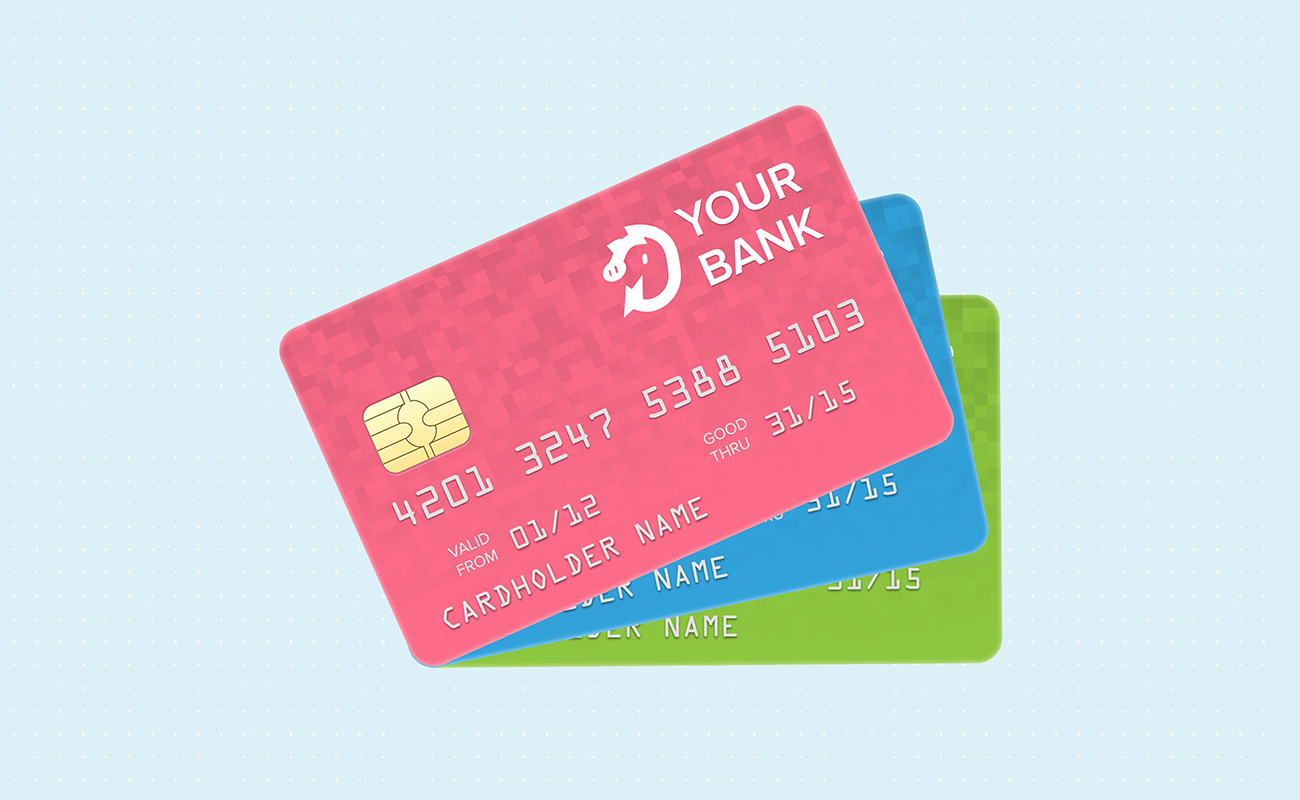
Credit cards are among the most common ways to get into a toxic debt cycle. They are not well understood by the average consumer. Credit cards use a complicated mess of rates and tricks to squeeze money from the daily balance. They are especially troubling since they are prone to abuse. Their convenience and accessibility make them tempting targets. Thus, they are often the first things that many shopaholics reach for when splurging.
Part of what makes credit cards toxic is the way their interest rates work. Credit card companies tempt users with reasonable-looking annual interest rates. However, credit cards do not use annual interest rates when calculating monthly payments. Credit cards derive interest from the daily percentage rate and average daily balance:
They then multiply the product of these two by the remaining days in the billing period, resulting in the daily interest rate, which can be much higher than the annual rate when compounded. The interest owed can go even higher if the balance remains unpaid in full by the end of the month.
Credit card companies also penalize late payments with rate hikes of up to 29.99 percent. This stays in place until they have received six payments from the customer. Most credit card companies do not set the rate back after this period. Thus, you might have to pay this rate indefinitely.
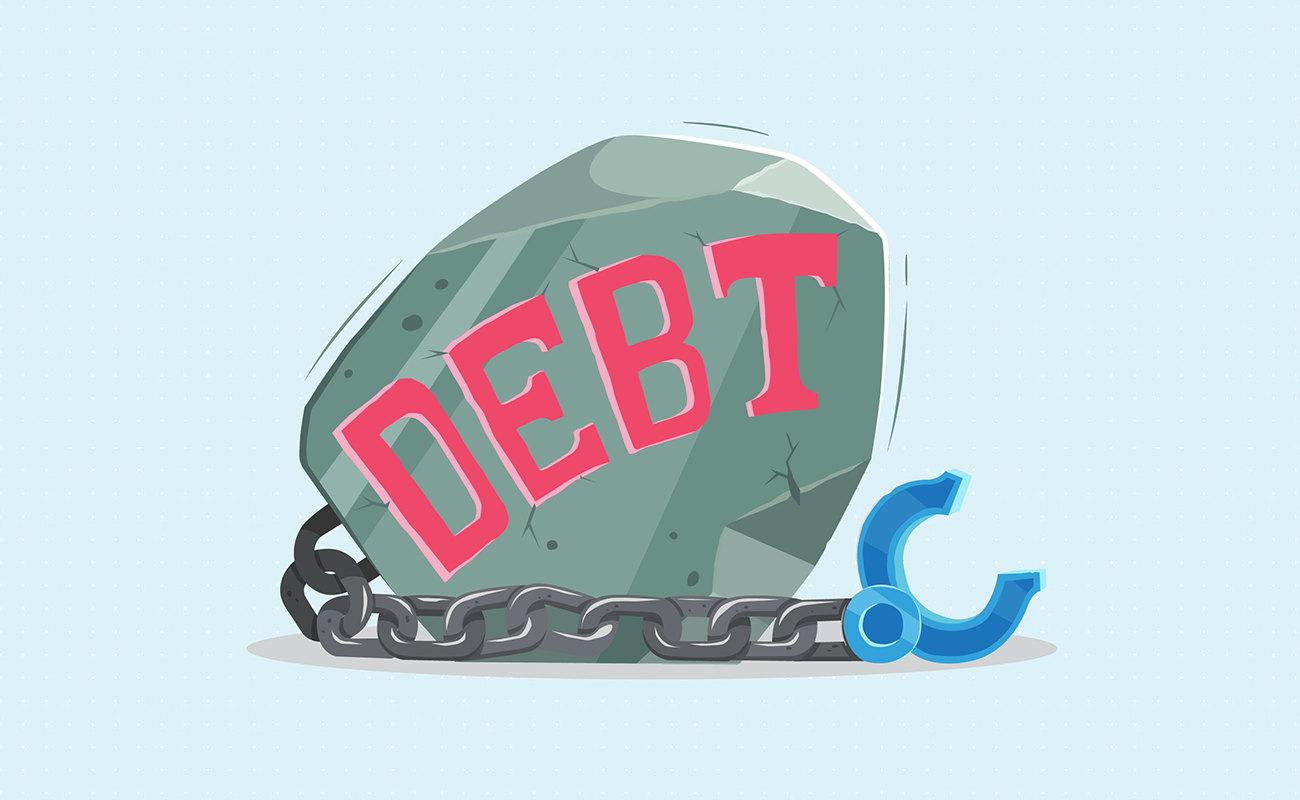
You often don't need to do anything drastic with your financial situation to get out of debt. Wise money management can help you pay off mounting debts with confidence. You can start by choosing an effective debt payment strategy that works for you. Keep your goals and time horizons realistic.
One way of dealing with debts is to focus on paying off the debt with the largest interest rate and move down. The avalanche method has an incredible advantage in the long term. Eliminating the debt with highest interest rate prevents them from taking too long to pay off. This can save you money on interest payments.
The key to this method is to focus on rates rather than size. A larger debt with a lower interest rate will not cost you as much as a debt with the highest interest rate in the long run.
The snowballing method of debt reduction involves arranging debts based on their size. You then put much of your repayment efforts into paying off the smallest of these. Once you pay the first one, you repeat the process with the next smallest.
This is one of the fastest ways to get out of your debts for several reasons. Because you have one less debt to worry about, you also have more funds available to pay off the next smallest one. This helps you pay each successive debt faster than the last.
You also stay motivated by checking off items on a list. In the process, you also, develop the habit of paying off your debts on time.
Not everybody has the time or resources to pay off their bills by working two or more shifts. Those who can, however, might be able to cut down on the time it takes to pay them off by a large margin. Using windfall earnings is also a quick and efficient way of eliminating debt.
Another drastic (yet effective) way of cutting down on debts is to draw from your savings. Take out as much as you need to pay off debts with high interest rates. The amount you save on interest payments is more than enough to justify this move.
You might also bite the bullet and ask loved ones for financial help. Your family and friends understand your financial challenges better than others. They are also not likely to pressure you into paying them back as other creditors. Borrowing from them in an emergency can even help you avoid toxic debt cycles.
The more you use your credit card, the greater the amount of debt accrues. If you want to cut down on your bills fast, you must stop using the card.
A general rule when paying back credit card bills is to pay more than the minimum payments. Doing so cuts down the average daily balance and reduces your interest payments. You can also reduce this balance by paying more than once in a month. If your budget allows, pay your entire balance on or before the bill's due date every month.
It takes personal discipline to use credit cards without incurring steep interest costs. You can pay your bill in full without incurring interest if you have no outstanding balance. Known as playing the float, this method can cancel out the drawbacks of credit cards.
You can also consolidate the debts incurred from several cards. One way of doing this is to transfer the balance to a credit card with a lower annual interest rate. You may also do this through a personal loan.
If the rates continue to be an issue, check if you qualify for a credit card hardship program.
In extreme cases, your only option to get out of debt is to declare bankruptcy or consolidate your debts. Both can give your credit rating a beating. Despite this, they can put your finances back on track and reduce the pressure of repayment.
Declaring bankruptcy is a dirty phrase for many people. It is tantamount to admitting defeat and fiscal irresponsibility. Regardless, this is often the only path to repairing your credit. At times, bankruptcy may be preferable. Late payments, debt collection lawsuits, and repossessions are much worse.
Bankruptcy gives you peace of mind. It keeps creditors and collectors from taking aggressive action. You can maintain enough assets to function, which isn't guaranteed if you let the debt problems mount. Once you've discharged or paid off your debts, you are often in a better position to repair your credit.
Debt consolidation aims to provide debtors with easier terms of repayment. Rather than paying many debts with varying rates, you only pay one loan with a predictable rate. You can pay off some debts, such as credit cards or student loans, this way.
Consolidation can remove much of the pressure involved in repaying debt. You no longer have to worry about satisfying several creditors at once. It can also help save you money in the long term by eliminating the higher interest rates of other debts. With these debts paid off, you may also receive less nagging calls from debt collectors.
Consolidation, however, can hurt your credit score. Creditors favor longer, more stable debt payments. A move like this is frequently seen in a negative light. You may also need to use your home as collateral, which may be risky.
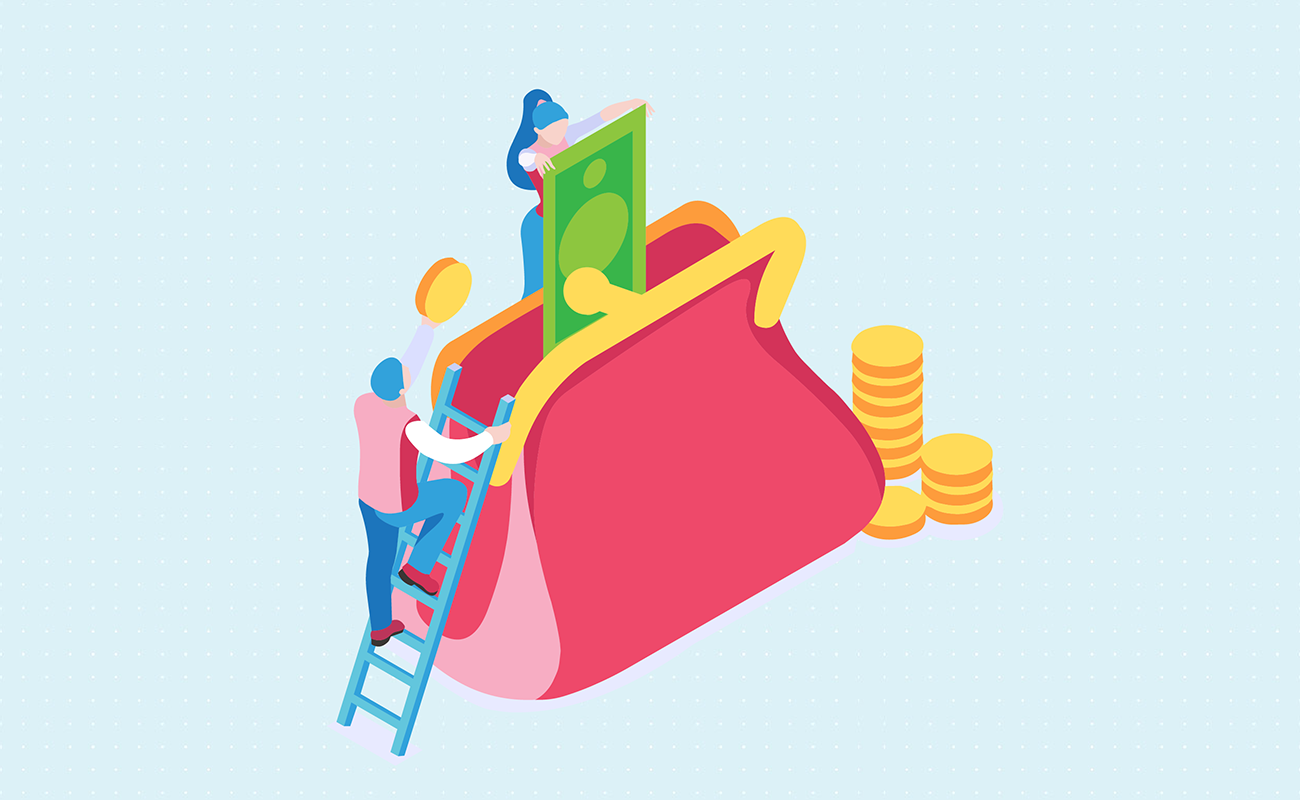
The key to managing debt is to borrow only what you need, when you need it. There are several ways to do this:
The likelihood of late payments increases as you become overwhelmed by debt obligations. When faced with mounting debt problems, you must take action immediately. As soon as possible, tell creditors if you have trouble meeting your payments. A reasonable creditor can help you avoid defaulting. You might negotiate easier terms of payment if you reach out to them early enough.
You can also work toward paying off the principal of your debts to pay them off faster. Identify how your banks or creditors handle extra payments. If you can, specify that you plan to use your extra payments or principal reduction.
Paying on time can help you avoid incurring penalties that add to your debts. Automate the payments when you can; setting and forgetting can give you one less thing to worry about.

Keeping your credit score up can also help you when it's time to consolidate debts. Besides paying debts on time, you can contest mistakes your creditors made.
Advice from a trustworthy credit counselor can put your finances back on track. Good counselors don't just help you get better repayment terms. They can also:
Credit counselors base their strategies on your income and personal budget. They then work with your creditors to create new payment terms that work in your favor. This usually involves lowering your monthly payments by extending your repayment period. They also help you develop an effective debt repayment strategy.
Moreover, credit counseling also provides you with financial education. Counselors offer money management classes and provide tips on maintaining an efficient budget. They can also provide you with strategies and tips to help you avoid incurring more debts.
Jose Abuyuan is a web content writer, fictionist, and digital artist hailing from Las Piñas City. He is a graduate of Communication and Media Studies at San Beda College Alabang, who took his internship in the weekly news magazine the Philippines Graphic. He has authored works professionally for over a decade.